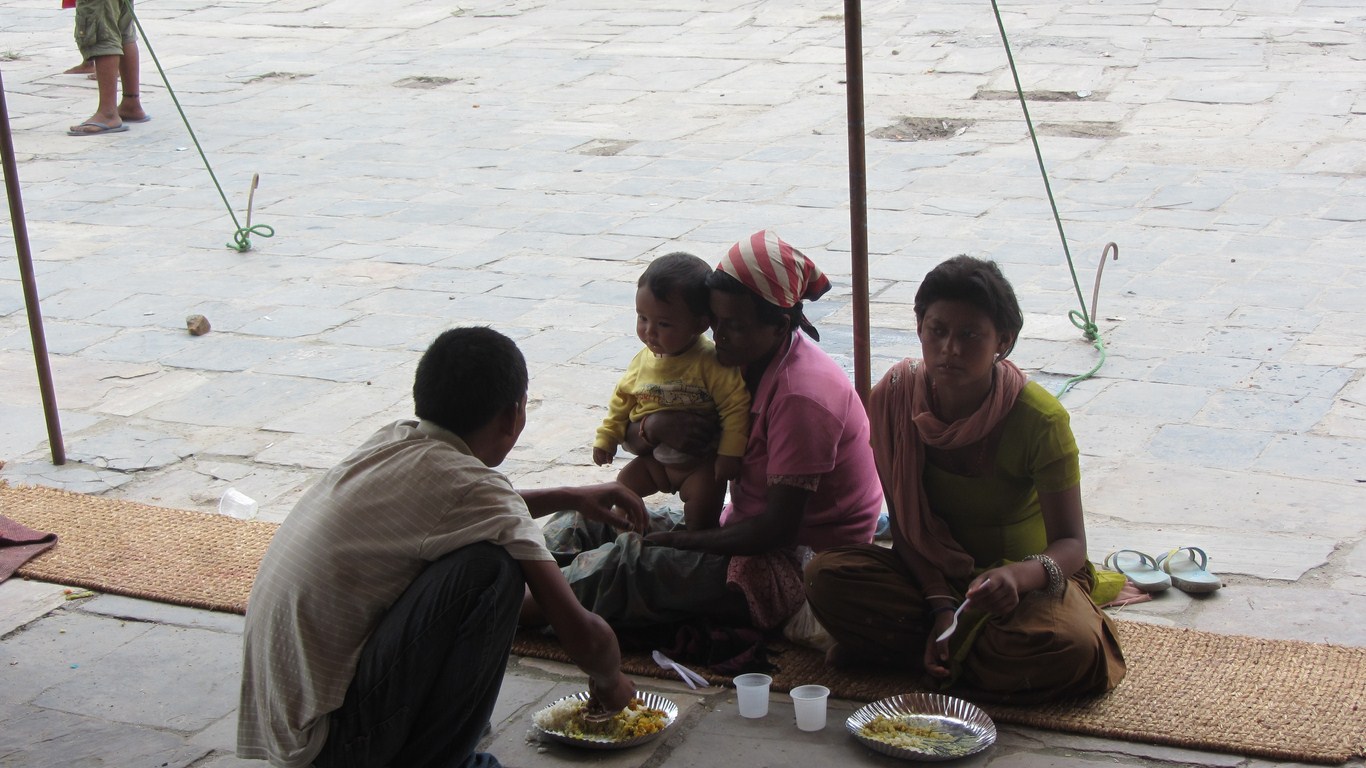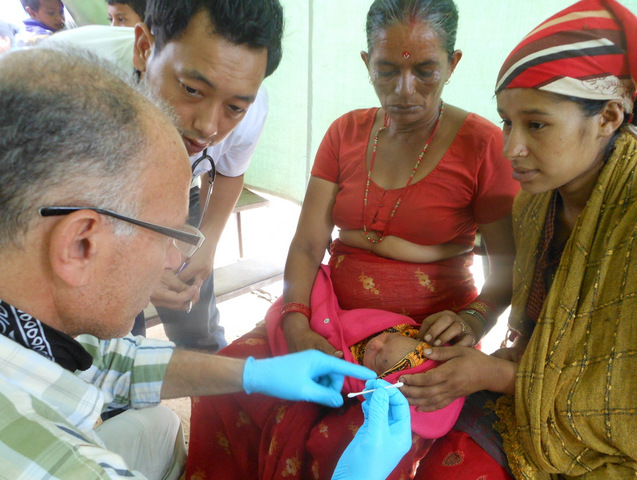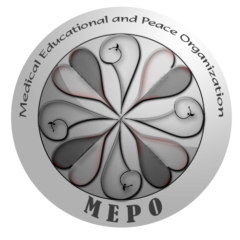MEPO began its work in Nepal, and as such it will always have a special place in our hearts. The nature of the people and the society is one of gentleness, laughter and simplicity. Their struggles over the decades have included growing pains from a political renaissance, entrenched ethnic identities limited resources due to topography, economic hardship, civil war, killing of the royal family and a total overhaul of the national structure from the monarchy, debilitating corruption, and environmental degradation.
This was all compounded by the terrible double earthquakes of 2015. This led to a time of withdrawal and despair, even nationwide depression. Needless to say, Nepal has been through a lot, and continues to try to find its way.
But always there are the people, those who continue to drive the taxis and plant the rice, to teach the children and repair the roads, to deliver babies and sell salt. It is to these people that MEPO dedicates its work.
From 1999 to 2002, MEPO’s work in Nepal included:
- running a free clinic in Kathmandu
- coordinating dozens of free health camps held all over the countrysides of Nepal
- supporting individuals, families and communities with food aid, medical support, transportation, and microenterprise projects

In August 2012, MEPO returned for a summer of aid and camaraderie with Nepalis who also wished to help their fellow citizens, and conducted activities such as:
- Providing a wholesome and fun lunch for over 400 people in Kathmandu
- Distributing financial support among flood-affected families in the Manohara slum area of Kathmandu
- One month of food (60 kg of rice, 5 kg of lentils, and 10 L of cooking oil) was provided to a small orphanage
- Helping beggars near the Swayambhu temple with income generation projects and medical care
After the devastating earthquakes of 2015, MEPO returned again to offer aid and support at that critical time. MEPO served by collecting donations from individuals and then…
- participated in free health camps
- provided cash support to internal refugees
- provided villagers with supplies such as mosquito nets, towels, flashlights, etc.
- provided medical support and transportation to critical patients
- supported a toilet-building project
To read the descriptive account of that difficult post-earthquake time, click here.
